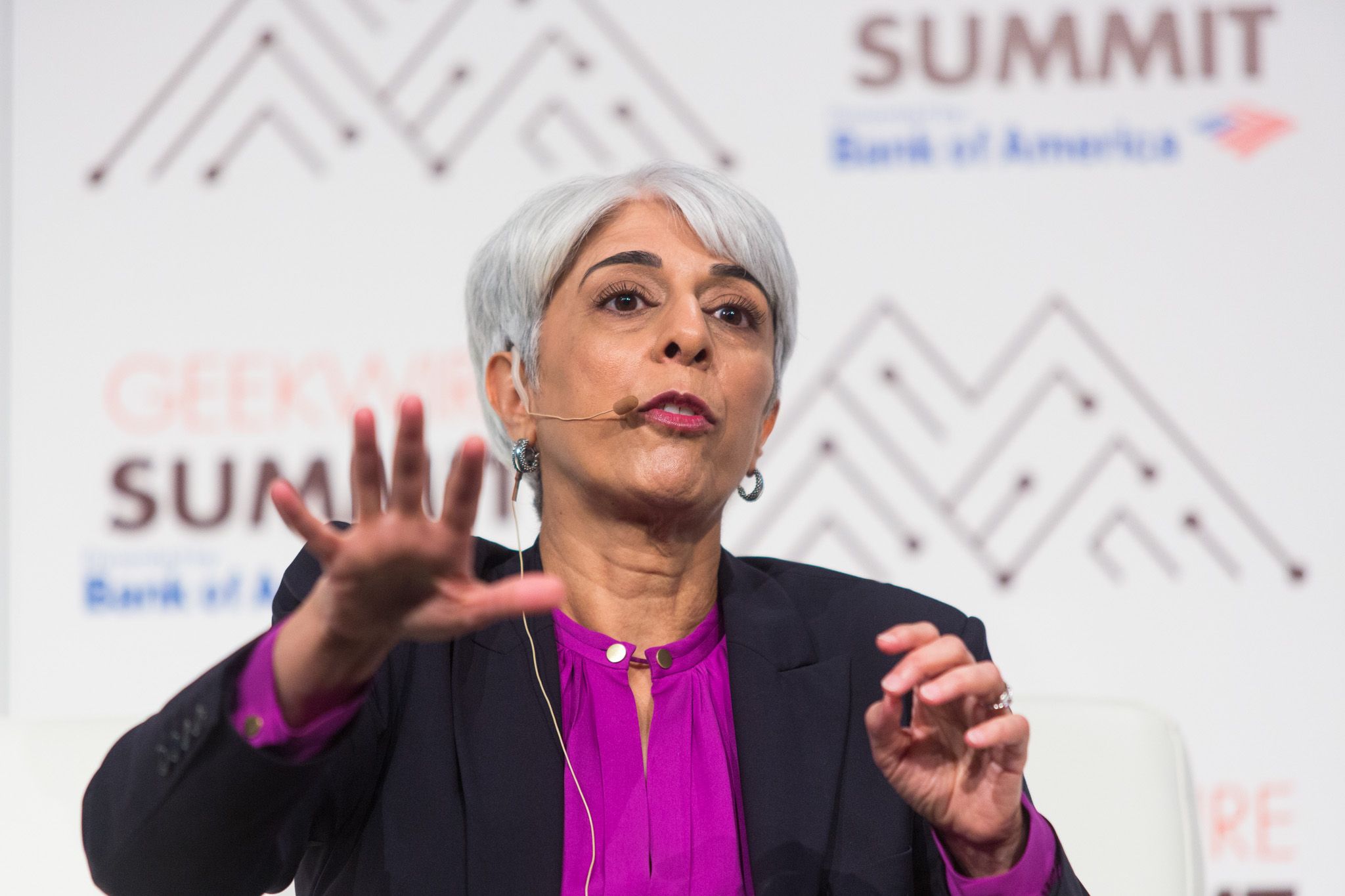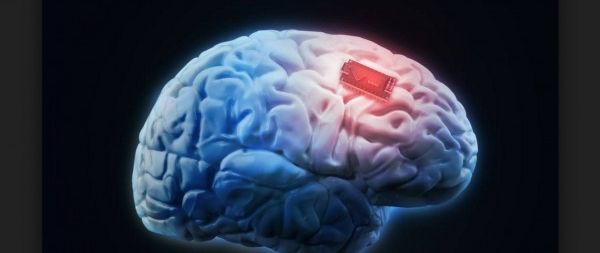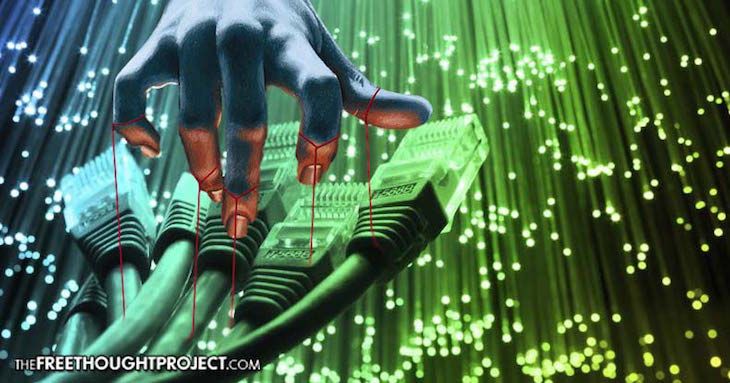The Internet of Things so widely predicted as the Next Big Thing in computing is full of promise but presents a correspondingly large vulnerability to cyber attacks, said Arati Prabhakar, director of DARPA, at the 2016 GeekWire Summit in Seattle today.
IoT offers “a huge value, but then with every advance comes more attack surface,” said Prabhakar during an interview with Alan Boyle, GeekWire’s aerospace and science editor. “Provably secure embedded systems is part of the answer.”







